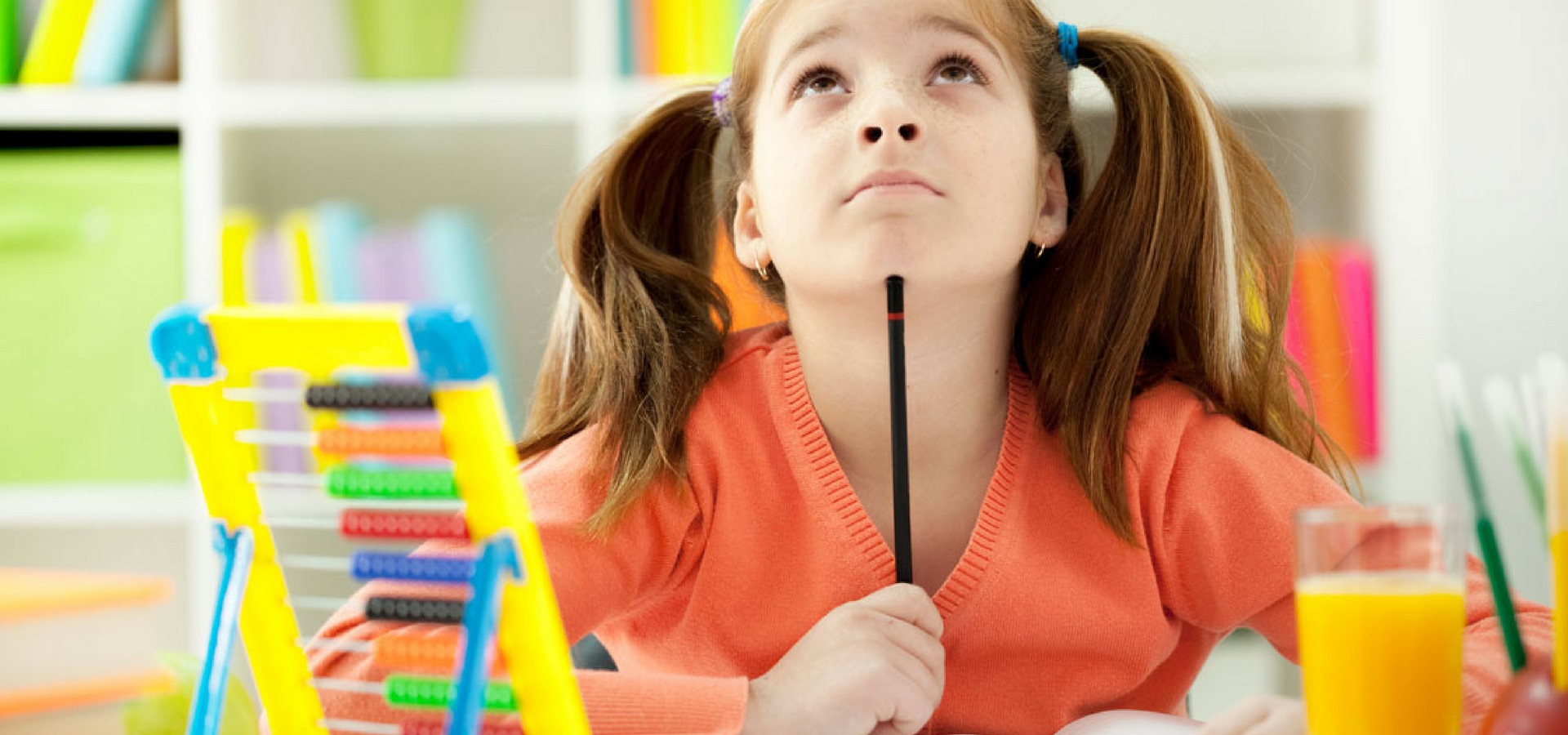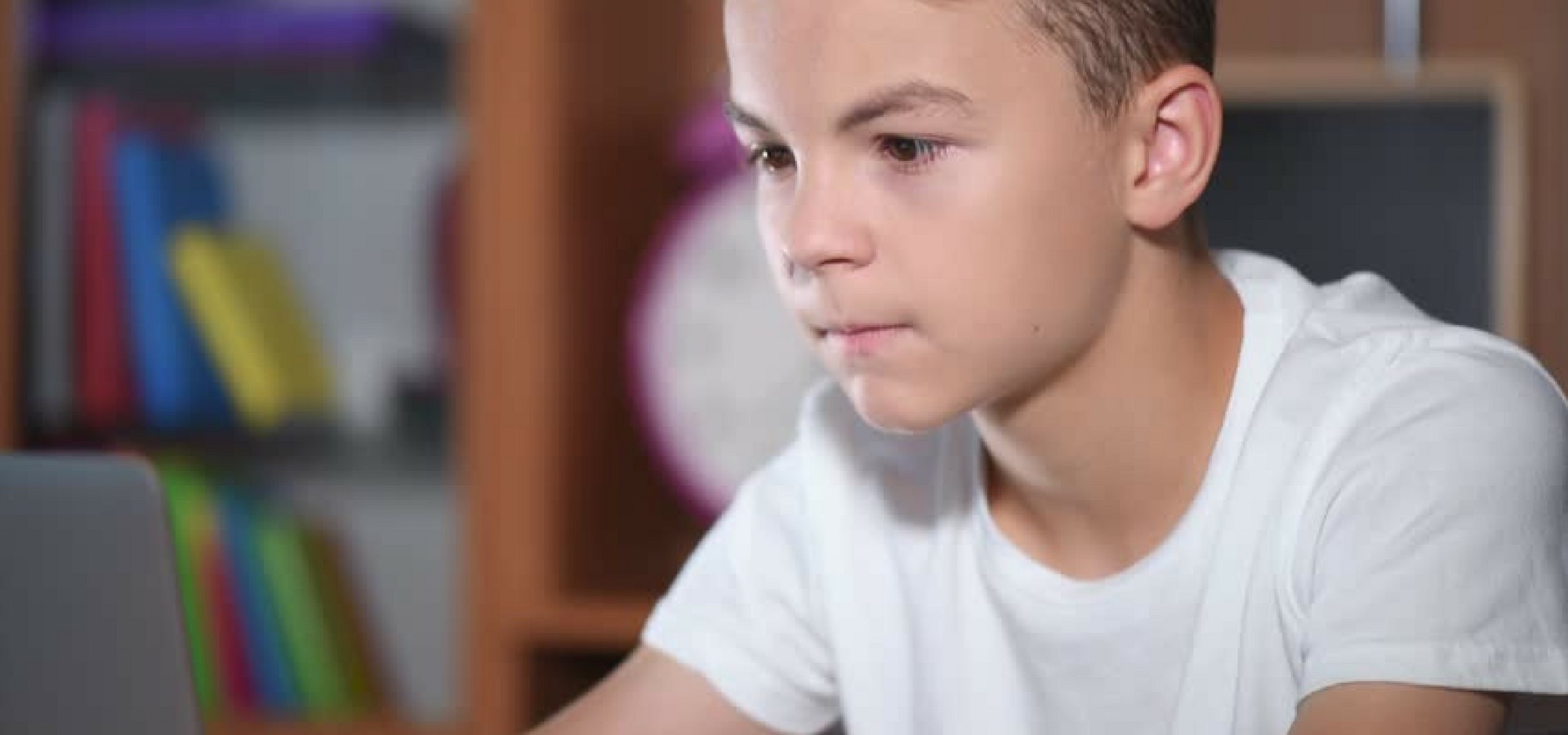
WHY DOES MY CHILD NOT HAVE FRIENDS?
We all have a need to love and be loved. Our lives feel happier and more fulfilled when we enjoy positive human relationships. Having friends who we can laugh and cry with, be serious or a little crazy with, and with whom we can feel completely comfortable is one of the most fundamentally important needs of the human race. This is why it feels so heart-breaking when we discover that our children may be struggling to make friends at school. Cindy Glass, Co-founder and Director of after-school remediation franchise, Step Up Education Centre says “There are a number of reasons why a child may struggle to form positive friendships – negative behavioural choices, low self-esteem, personality differences, differing belief systems and unintentionally negative body language or tone of voice. Escapism from social interactions through over-use of technology also plays a big role in this!” “We need to note that all behavioural choices are based on how we feel about ourselves as a person and the inevitable fears that dominate these beliefs. Creating meaningful personal relationships is rooted in positive self-belief. Negative, self-defeating thoughts and behaviours often repel friendships and, unfortunately, this re-enforces the feelings of unworthiness and low self-value that created the negative behaviours in the first place” Cindy goes on to say. If your child is struggling to form friendships, you may want to consider the following helpful tips: 1. Ensure that you keep the lines of non-judgemental communication open. Chat about what happens at school, openly and honestly. Emotional intelligence skills of self-awareness and self-regulation are key here! Make sure that you do not re-enforce your child’s belief that he/she is less! Focus on their strengths and what others will like about them. They may, indeed, be a little different, but never less! 2. Chat to your child’s teacher with the aim of gaining a deeper understanding of your child’s behaviours at school. 3. Friendships cannot be forced. It takes positive mind-set and behavioural changes in your child if changes are to be enjoyed at school. Teach your child to focus on his/her choices and not on the choices of others. It takes patience and time but you will be amazed at the results! 4. People enjoy the company of positive happy individuals. Teach your child the joys of uplifting others. This will change the energy that your child gives off and other children will start looking to your child for a friendship that feels good to be in. 5. Emotional intelligence’s empathy and social skills will play a vital role in changing the way your child perceives himself/herself to be. Invest in these courses! “Finally, remember that children copy your actions, not your words! Set the example of how to treat others in positive, uplifting ways. Teach your children to own who they are-mistakes and all- and to value others because they value themselves first!” Cindy concludes.































